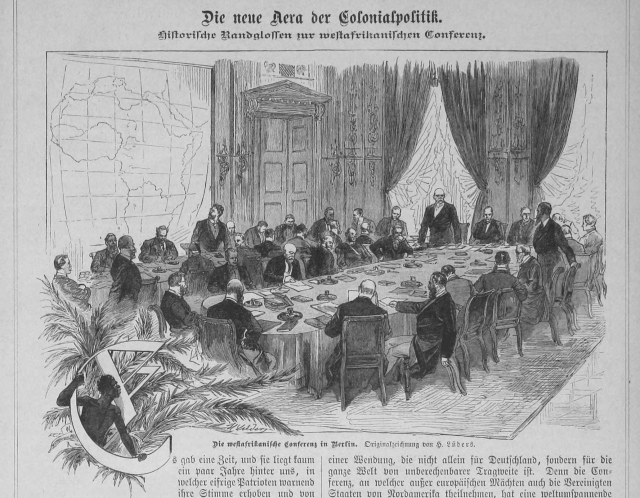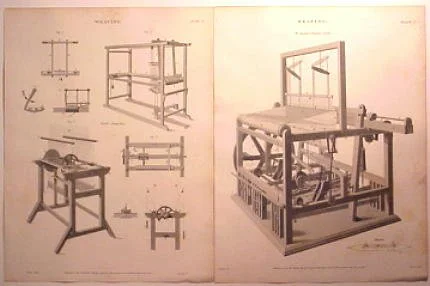My colleagues, two cubes over, were all aflutter, I asked, "What gives?"
It was the kangaroo problem, I was told. I was rather bemused
For it seems that the autonomous vehicles were rather confused
You see, they had come across some of those long eared creatures
Beasts of burden, sporting those unmistakable features
But they were a new breed in their eyes, the term of art, unknown objects
Simply put, the recognition engine wasn't able to easily detect
Something about the gait and motion of the kangaroos they encountered
The road less traveled, in other words, had left the cars flustered
So now the data scientists were looking for more training data
In a bid to augment the intelligence of the onboard sensors
Scouring National Geographic and YouTube
to update their detection algorithms
Loading up hours of videos of marsupials
to finetune the classification schemes
Why did the chicken cross the road?
Are you blind? It was a kangaroo
Consider, if you will, when a large object starts moving towards you
It seemed to me that the nature of the calculation was rather clear
That it shouldn't matter whether it was a kangaroo or a drunken deer
That any human driver out of caution would seek to avoid collision
Evasive action was clearly called for in this kind of situation
No matter how loping its gait, I'd hope, or how eccentric its motion
Avoid impact and ask questions later, was surely the solution
In this fraught scenario of exigency
there'd be no time for semantics
Boffins, instead, were bent on reducing things
down to matters of semiotics
When ontologies raise their specter,
I rather fear you might be losing the plot
Meanwhile, over their shoulders,
I saw the visualizations, the bounding boxes
True, they spoke at some length about the determinants
of stopping distance
At the back of my mind, I recalled the wisdom
of buying collision insurance
As to the tangible limitations of this artificial intelligence
How to teach the ghost in the machine to learn how to sense
To move beyond the basics of calculating velocity and acceleration
Plotting feasible trajectories while being mindful of sensor calibration
Lessons in obstacle avoidance, the perils of synthesized perception
A panoply of newfangled electronic equipment: cameras, radar, lidar
A catalog of known objects: car, truck, pedestrian, guardrail or barrier
Even in this hostile environment, prudence, protect the least of us
Rodent or marsupial was beside the point, let alone a desert fox
Surely a safety policy would be that you shouldn't hit the bus
The real world is highly unstructured,
one can hardly play fast and loose
Object identity is rather academic,
whether horse, camel, donkey or moose
On a grand tour of Mongolia,
you might run into a herd of cashmere goats
The prime imperative of driving on the road:
active safety foremost
The state of the art, then, of machine learning is no great panacea
Expect the unexpected, deal gracefully with chaos and disorder
What with near misses or close encounters in Peru with errant llama
Let alone the outrageous daily scenes you meet on an African street
Routine maintenance, force majeure, life is a veritable bestiary
A human marketplace replete with vibrant textures and shapes
The kangaroo problem was the tip of an iceberg of category mistakes
...
Activity, aflutter, what strange creature is this?
Elliptical motion, elusive, proudly prominent proboscis
Apt to be misconstrued, roaming, bounding without effort
Near collision, operator intervention, he filed the incident report
In the aftermath, then, the root cause analysis
Prompting among the boffins an identity crisis
Kangaroo Problem, a playlist
A autonomous soundtrack for this note. Drive safely. (spotify version)
- Can't you see me? by Roy Ayers
- He miss road by Fela
- You don't see me by Amel Larrieux
- Make the road by walking by Menahan Street Band
- Drive by The Cars
- Road Safety by Tony Allen
- (I'm a) Road Runner by Junior Walker
- Sensitivity by Ralph Tresvant
- Drive my car by The Beatles
- Chicken trying to cross the road by Buddhafunk
- Road runner by Bo Diddley
This entry on failure modes is part of the Toli Technology Series
...
Cultural Sensitivity in Technology is my perennial theme; everything is local and sensor calibration is paramount...
File under: humour, technology, culture, observation, perception, classification, robocars, software, algorithms, sensitivity, best practices, Observers are worried, poetry, toli
Writing log. Concept March 2018. December 14, 2022





:quality(80)/images.vogel.de/vogelonline/bdb/1272600/1272674/original.jpg)

















